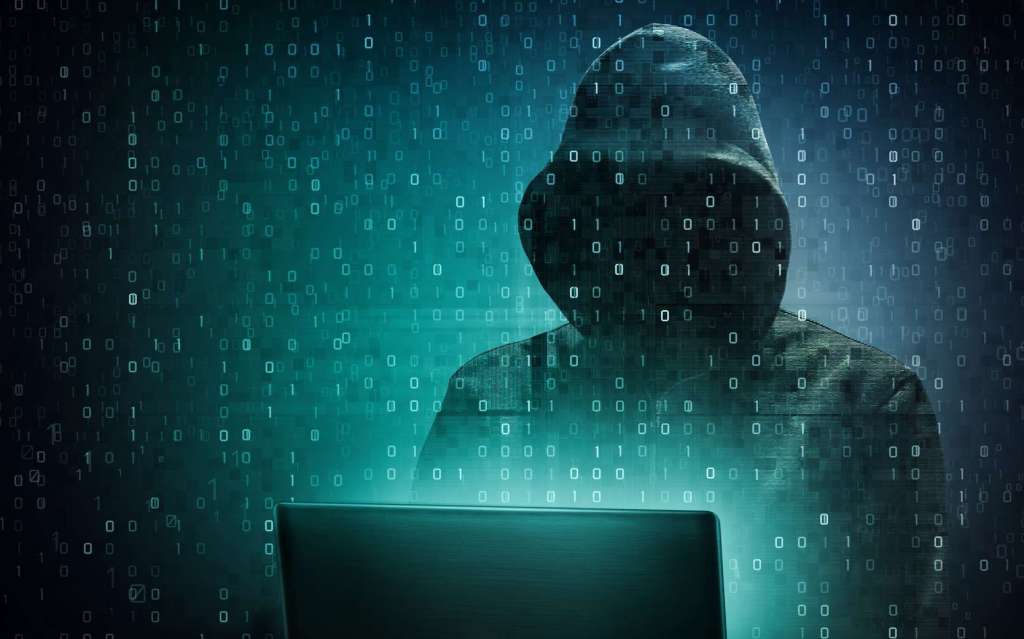Within the shadows of the internet lies a dimension that few dare to venture into. This hidden dimension, known as the dark net or darknet, is often wrapped in secrecy and intrigue. It serves as a marketplace for those in search of goods and services that function beyond the confines of conventional digital commerce.
While the mainstream internet is a bustling economy of open trading and transparent transactions, the dark net presents a sharp difference—defined by concealment, illicit transactions, and a intricate network of participants traversing its lawless terrain.
For some, the appeal of the dark net is the promise of prohibited items and offerings, spanning from the unusual to the criminal. From rare objects to prohibited substances, the offerings are as diverse as they are problematic. However, these shadowy transactions come with serious hazards, as traversing this underbelly requires a careful balance of curiosity and caution. In this piece, we will delve into the details of darkweb markets, examining how they operate, the reasons of their users, and the consequences of engaging in this secretive aspect of online trade.
The Dark Web: An Overview
The darkweb represents a part of the internet that isn't indexed by traditional search engines. Gaining access to the darkweb usually demands particular software, the most common being Tor, which anonymizes user traffic. Such layer of the web is home to a range of activities, some of which are legal and some which veer into illegal transactions. Users frequently seek the darkweb to maintain anonymity, either for valid reasons such as privacy and free expression or for engaging in unlawful activities.

Although the darkweb is frequently associated with illicit marketplaces, it is also a refuge for individuals looking to interact securely. Reporters, activists, and individuals in oppressive regimes occasionally turn to these hidden networks to share information without fear of government surveillance. This complexity gives the darkweb a complex identity, oscillating between an area of genuine concern for rights and a sanctuary for unlawful practices.
Darknet markets are notorious for enabling the sale of drugs, weapons, stolen data, and other illicit goods. Such markets operate on the principle of anonymity, allowing buyers and sellers to transact without disclosing their identities. Nonetheless, law enforcement agencies globally have increasingly focused on infiltrating and dismantling these platforms, leading to a continual game of cat and mouse between regulators and darkweb users. This dynamic landscape keeps the darkweb in a state of change, reflecting broader societal issues around privacy, security, and legality.
Risks and Regulations
Traversing the deep web presents considerable threats, both for shoppers as well as sellers. Illicit transactions can result in interactions with schemes, in which people might lose their money or receive poor-quality or non-existent goods. The disguised nature of darkweb markets further promotes a higher chance of coming across harmful software, which can jeopardize personal data and financial information. This precarious environment cultivates an ecosystem in which trust is hard to forge, rendering it vital for individuals to be very alert.
Beyond the immediate risks, there are legal repercussions associated with participating in darkweb commerce. Legal statutes surrounding digital transactions can differ significantly by region, but many nations have rigorous regulations that punish engaging in illegal goods and services. Law enforcement agencies vigilantly monitor areas of the deep web, and individuals could face significant criminal charges if caught involved in such activities. Comprehending these laws is important, as ignorance of the law does not equate to immunity from prosecution.
As the darkweb evolves, so too do the strategies of lawmakers seeking to counter illegal acts. Authorities internationally are collaborating to enhance tracking and monitoring features, employing techniques to locate and disrupt these hidden markets. Initiatives include the arrest of key operators and the termination of significant platforms, which poses extra risks for participants relying on these platforms for transactions. Staying informed about legal developments is essential for anyone considering involvement in the deep web, as the consequences of these actions can be severe and enduring.
The Future of Darknet Commerce
As continue to progress, the space of darknet commerce is also experiencing significant transformations. dark market url The introduction of advanced encryption methods and privacy-centric cryptocurrencies is likely to additionally enhance the quest for anonymity that users look for in these markets. Such advancements create new avenues for illicit transactions while simultaneously presenting challenges for law enforcement agencies that strive to combat illicit activities on the internet. The ongoing cat-and-mouse game among darkweb vendors and authorities is projected to intensify, shaping the future direction of these underground economies.
Furthermore, the rise of decentralized marketplaces has changed the way goods and services are exchanged on the darknet. Unlike traditional platforms which operate under centralized control, these decentralized platforms offer users greater autonomy as well as security. This shift not only enhances the user's ability to conduct transactions without oversight, but it additionally complicates regulatory efforts. As these markets gaining momentum, they might potentially attract a broader audience, including those who may previously have hesitated to engage in darkweb commerce due to issues of security.
In the future, the future of darknet commerce will likely see further integration with mainstream technologies as well as trends. Innovations like artificial intelligence and machine learning may be harnessed by vendors to optimize their operations, whereas buyers could become more sophisticated in their search for reputable suppliers. As the line between the surface web versus darker corners of the internet continues to blur, the implications for both users and law enforcement will be profound, making it critical to observe these developments closely.
